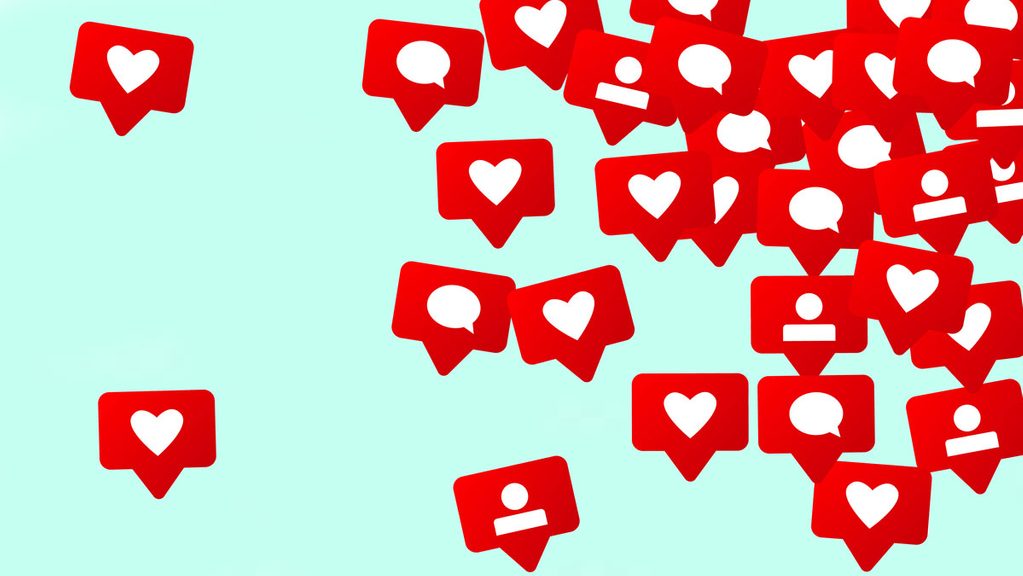The Sign You Are Oversharing On Social Media

Pics of the kids. Vacay moments. Proud of the dinner you made. Announcing a promotion. When is it oversharing? When is it all just too much?
Why are we all oversharing on social media?
Mixed into our desire to do it all is our need to share our successes on social media. And sometimes, it can lead to oversharing.
“We’re hardwired to care what people think,” says Dr. Pamela Rutledge, director of the Media Psychology Research Center in Newport Beach, CA. However, she doesn’t see it as a bad thing.
“We’re continually navigating social environments, and it’s destructive not to acknowledge that that’s normal,” she says. “We shouldn’t feel guilty about caring what others think.”
When does it become a problem?
The danger is that we’re starting to do things not for our own enjoyment but for some new social media fodder and any recognition it may foster. That is when it becomes oversharing.
While social media can be empowering and liberating, Katrina Onstad, author of The Weekend Effect: The Life-Changing Benefits of Taking Time Off and Challenging the Cult of Overwork, says it can also be oppressive. After writing her book, she felt overwhelmed – and exhausted – by the pressure to post and promote it.
“We’re so hooked to our devices that our whole sense of accomplishment and the need to put it on Instagram become a vicious cycle,” she says. “You see that your friends are doing it and then you have to keep up.”
It’s all part of the distorted reality that is social media, where constant comparison breeds a whole new level of competition.
Who are we oversharing for, ahem, competing against?
Even just trying to be more active isn’t enough on its own. You can’t just do CrossFit anymore – the whole world has to know you do CrossFit, says Timothy Caulfield, a Canada Research Chair in Health Law and Policy and a law professor at the School of Public Health at the University of Alberta.
“By wearing a Fitbit, you can tweet your results and be part of a community that’s also monitoring themselves,” says Caulfield.
For some, the competition can be motivating, but for others it can have the opposite effect.
“We make unfair comparisons, and it can make us feel negatively toward ourselves,” says Dr. Kristin Buhr, a registered psychologist and director of the North Shore Stress & Anxiety Clinic in North Vancouver.
The solution, she says, is to rethink how and why you use social media and adjust accordingly.
Next, learn about the surprising way social media is harming your health.




